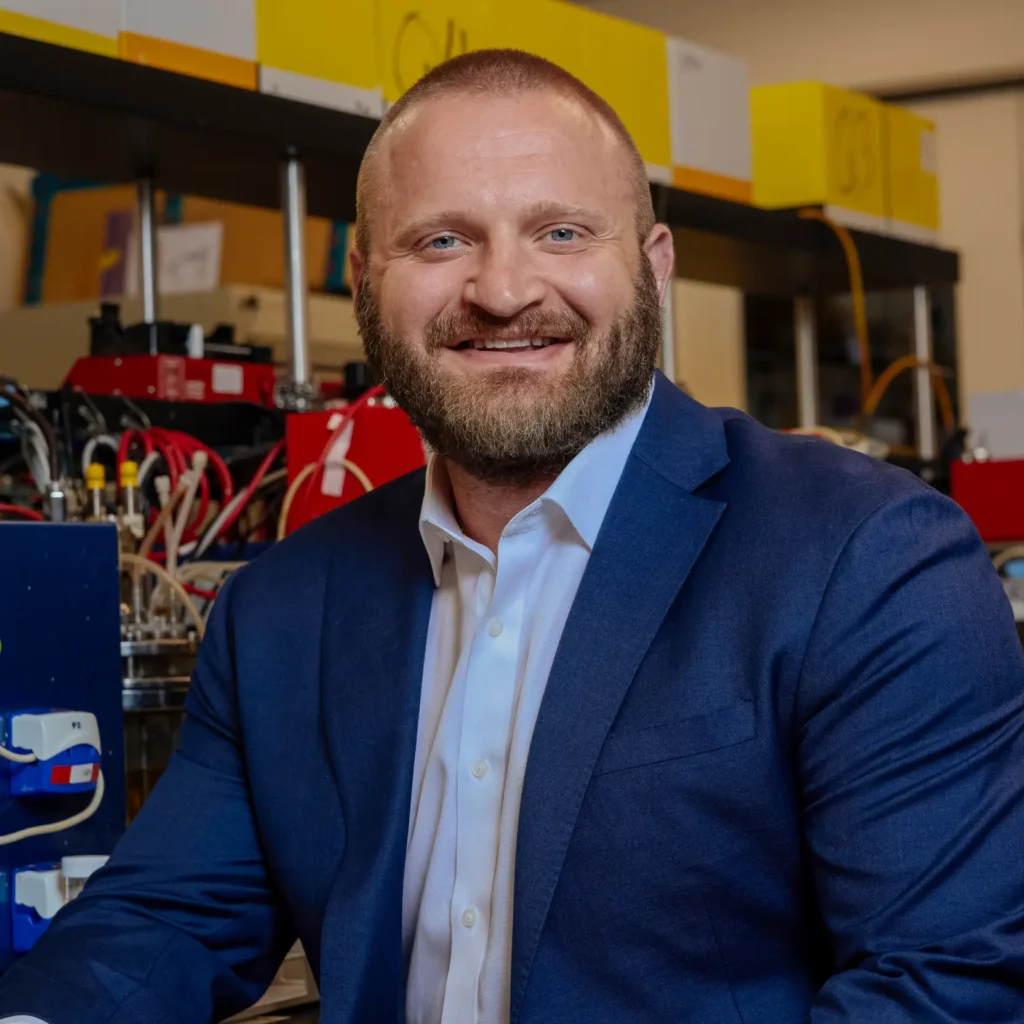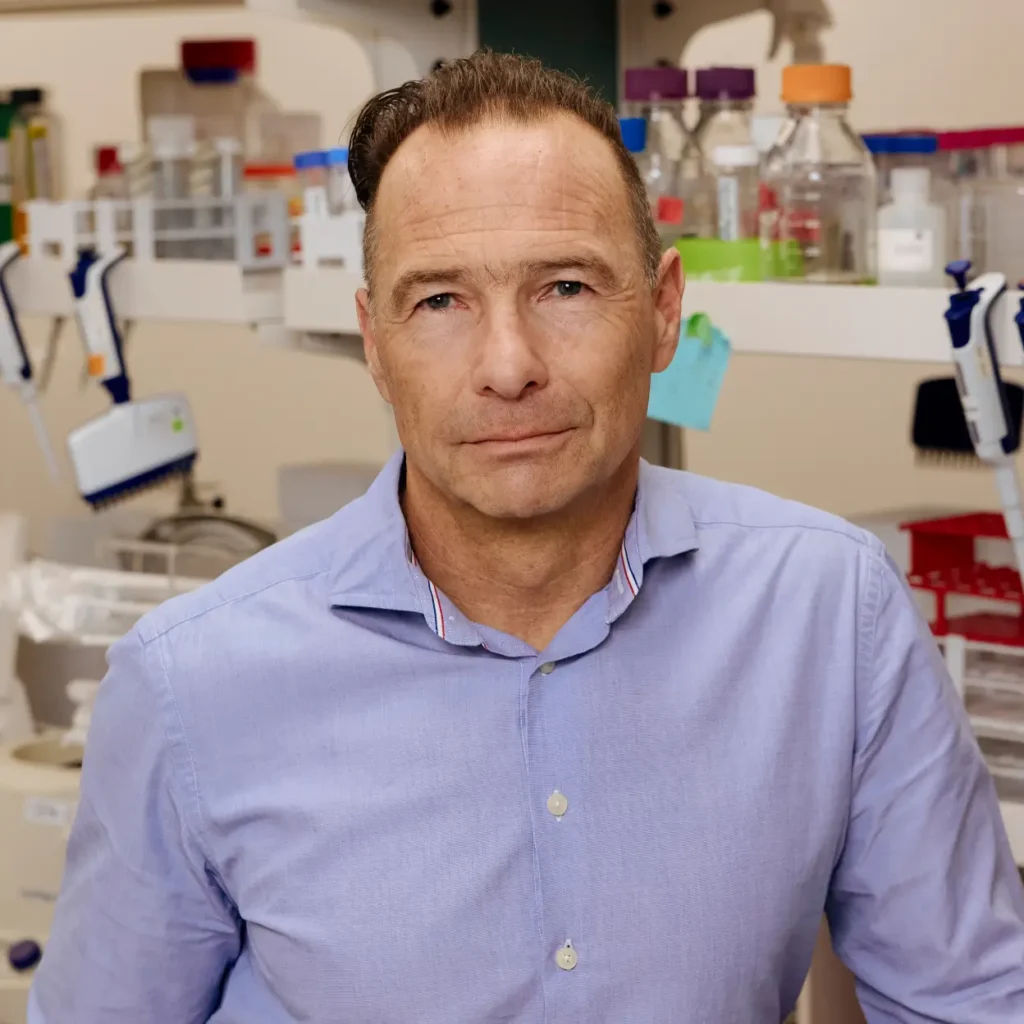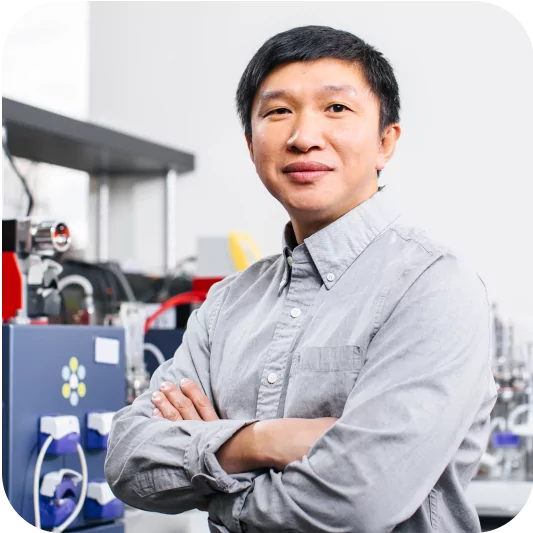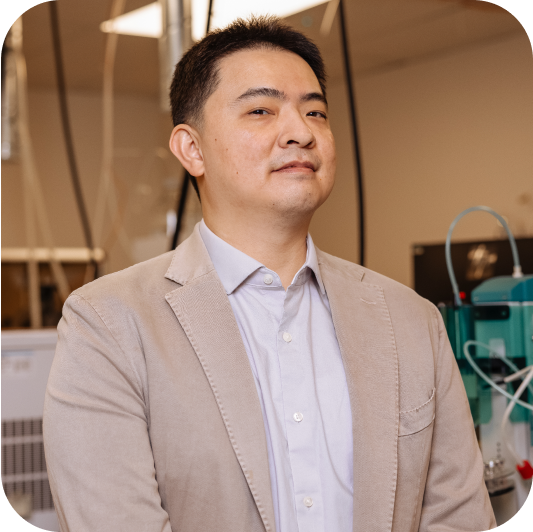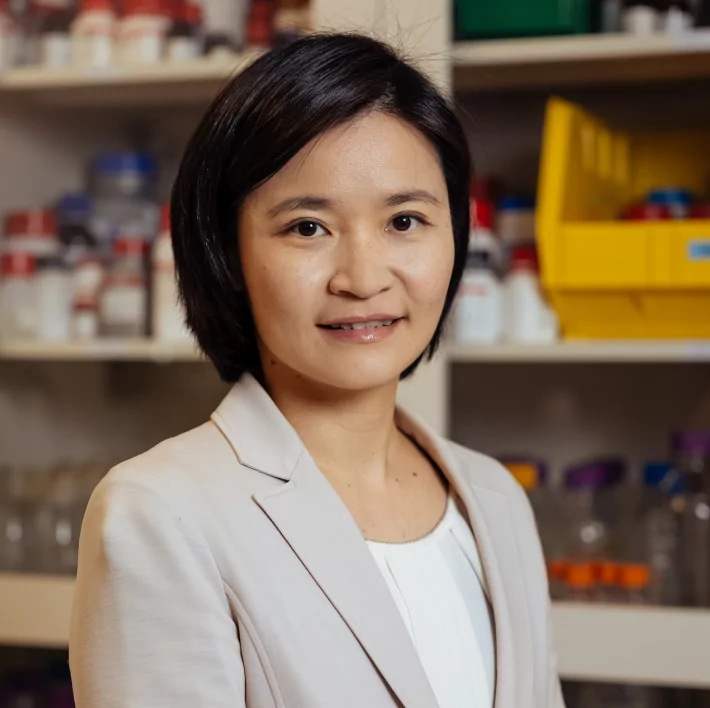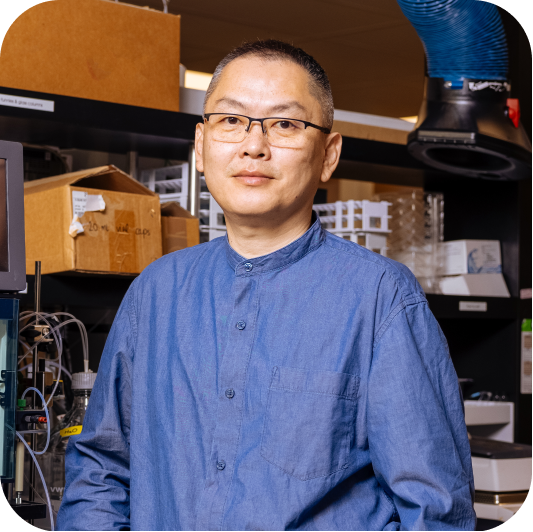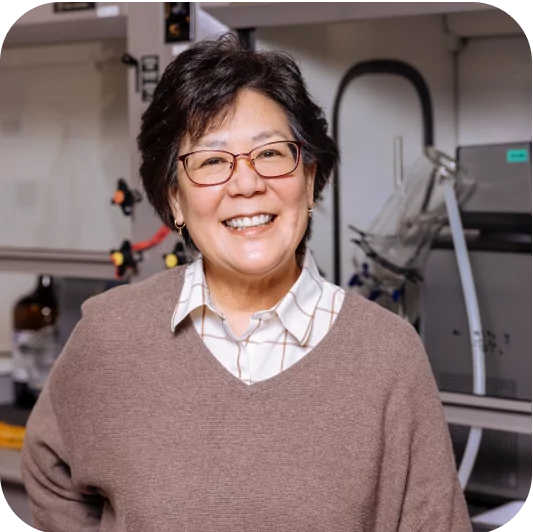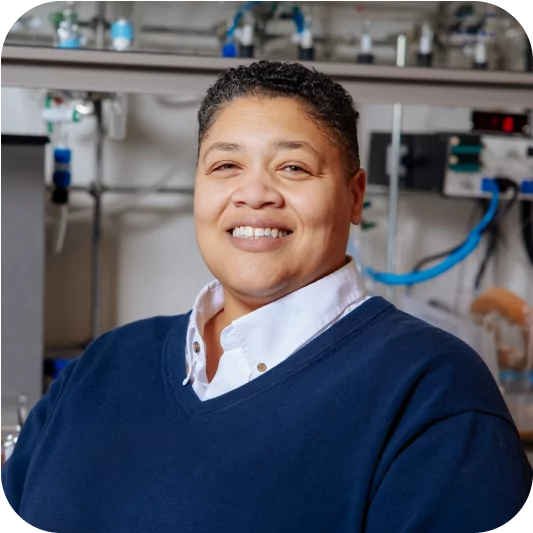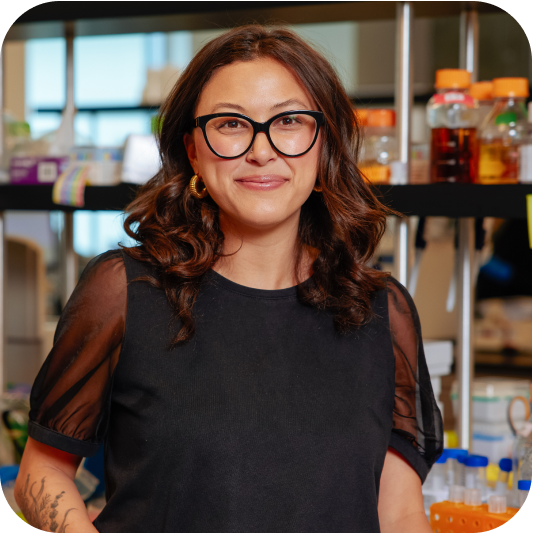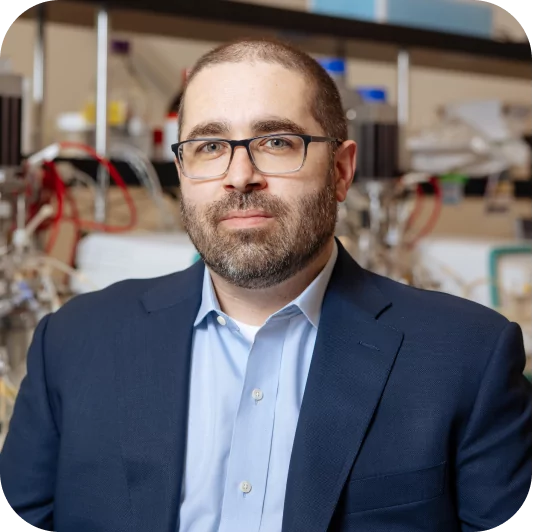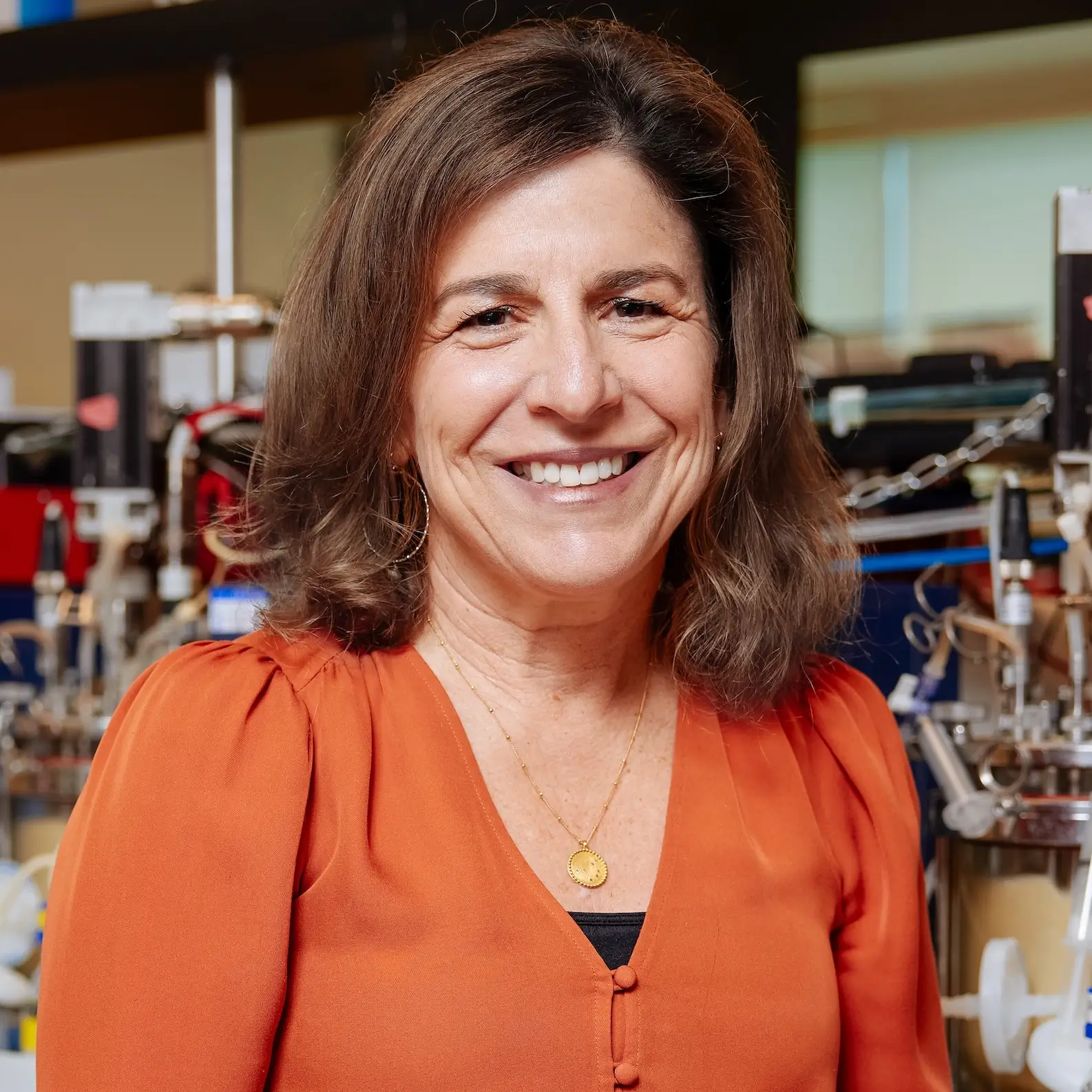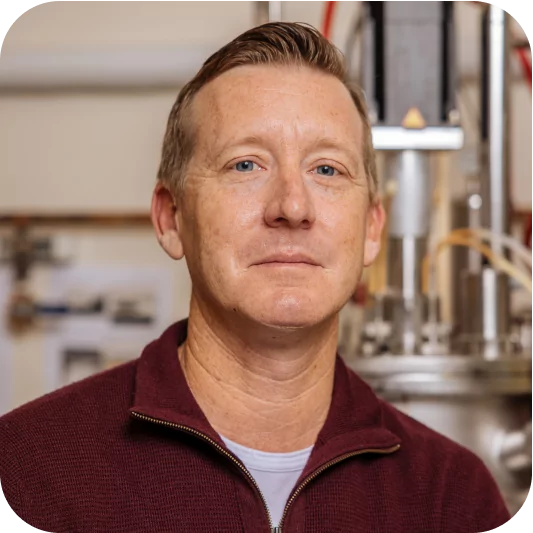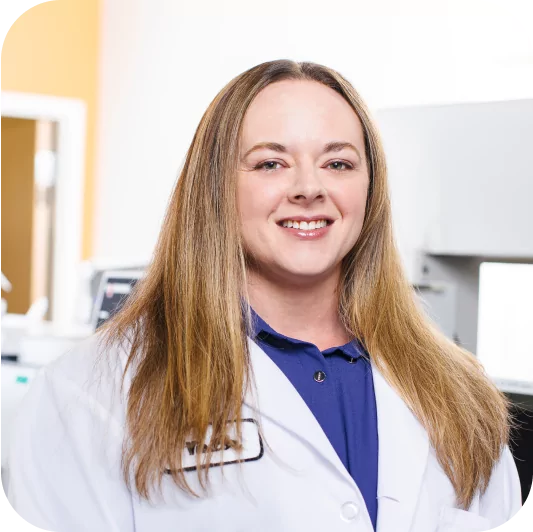Earlier this month, my cofounder Kristy Hawkins and I presented at SynBioBeta 2020, the flagship conference for the synthetic biology community. This year’s virtual event brought together academics, industry veterans, entrepreneurs and investors to discuss how our industry can continue to contribute to the ongoing global response to COVID-19, and to explore the forthcoming challenges and opportunities for synthetic biology overall.
Fittingly, a major conference theme was the role of synthetic biology in healthcare. For over a decade, much of the industry focus has been directed toward improving drug production and discovery, and for good reason – the current drug supply chain is broken. Nearly half of pharmaceuticals, including many common and essential drugs, are sourced from nature, and most of those active pharmaceutical ingredients are extracted from crops – an inefficient, expensive, risk-laden process. When any node in this global, agriculture-based supply chain breaks down (as has occurred often during COVID-19), there are real costs to human life, from low fulfillment rates to acute shortages of essential medicines.

To overcome these challenges, many drug companies have turned to synthetic chemistry to reconstruct plant-inspired molecules. While this approach has yielded impressive results when applied to relatively simple molecules, synthetic chemistry can’t replicate nature’s biological complexity – multi-step biosynthesis pathways in which cells and their organelles work in concert to make desired chemicals. As a result, we still rely on plants for many complex medicines, including many deemed essential by the World Health Organization. As most SynBioBeta attendees would agree, the pharmaceutical industry needs new technologies and methods to overcome these limitations, discover new medicines, and realize a more efficient, resilient manufacturing model.
In my fireside chat with Alexander Titus, the Chief Strategy Officer at the Advanced Regenerative Manufacturing Institute, I argued that synthetic biology has a central role to play in fixing pharma’s ailing supply chains, which COVID-19 has exposed as dangerously fragile.
Synthetic biology offers a new way of making and discovering medicines. Instead of relying on plants or synthetic chemistry to produce valuable compounds over a period of months or even years, my lab has shown that it’s possible to produce complex medicinal compounds in weeks. Through our novel whole-cell engineering approach, we can now program the entire cell – optimizing each enzyme’s activities, expression, processing, and distinct micro-biochemical environments while balancing their interactions as part of an integrated system. Unlike conventional synbio approaches, whole-cell engineering enables the orchestration of longer pathways and more sophisticated chemistries , opening up access to an unprecedented complexity of chemical space. Not only can this approach dramatically accelerate production timelines but it can also yield novel scaffolds that can be mined for future drug discovery.

Translating this whole-cell engineering approach from lab to commercial scale requires substantial work, and as longtime industry vets will tell you, developing a viable synbio product requires full-stack capabilities across protein design, strain optimization, and product recovery. Excitingly, the conference highlighted a number of technologies that are key to realizing synthetic biology’s potential – the QPix, for example, is a key piece of automation that enables high-throughput screening of microbes for increased production. Although there have been significant advances in upstream R&D and strain development, the industry as a whole still struggles with scaling successfully and bringing new products to market. At Antheia, we’ve focused on developing a cost-effective fermentation and purification process in parallel with a clear path to commercialization, an integrated approach that enables us to advance world-class science while being mindful of the realities of the market.
This year’s SynBioBeta demonstrated that the gap between synthetic biology’s potential and commercial reality is closing rapidly. The conference demonstrated the breadth of research and product development happening across industries, from agriculture to pharma to fashion. All of us at Antheia are proud to be part of this forward-looking industry, and are excited to help realize synthetic biology’s promise in the coming years.
If you’re interested in learning more about Antheia’s technology or partnering with us to improve your drug manufacturing or discovery work, please reach out at [email protected].
